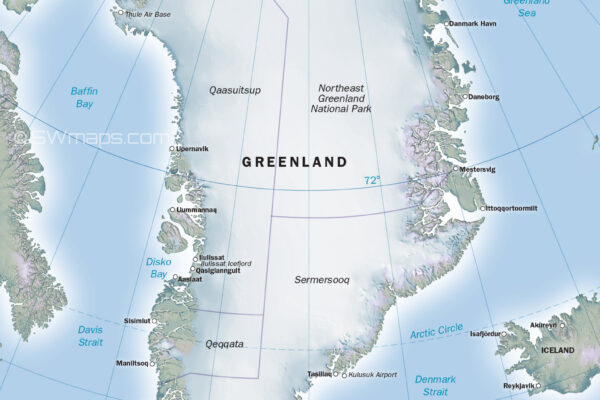
Introduction
Switzerland, renowned for its picturesque landscapes and rich cultural heritage, has become a focal point in global discussions on economics, diplomacy, and environmental sustainability. Situated in the heart of Europe, it has maintained a neutral stance in international conflicts and has established itself as a significant hub for finance and tourism. This article explores the current relevance of Switzerland as it navigates through recent global events.
Economic Landscape
The Swiss economy remains robust, characterised by low unemployment, high GDP, and a strong currency. Recent data from the Swiss Federal Statistical Office indicates that GDP growth in the first half of 2023 was robust, bolstered by increased exports and a booming tourism sector. Switzerland’s banking system continues to be one of the safest in the world, attracting foreign investments, especially amidst inflationary pressures in other economies.
Tourism Resurgence
As COVID-19 travel restrictions have eased, Switzerland has seen a remarkable resurgence in tourism. In 2023, the tourism sector is projected to contribute significantly to the national GDP, with visitors drawn to the Swiss Alps, vibrant cities like Zurich and Geneva, and the country’s renowned chocolate and cheese. The Swiss National Tourism Board reported a 30% increase in international tourist arrivals in the summer of 2023 compared to 2022, signalling a positive trend for the economy.
Environmental Initiatives
Switzerland is also leading the way in environmental sustainability. With its commitment to reducing carbon emissions, the Swiss government has implemented several policies promoting renewable energy and public transport. Recently, Switzerland pledged to reach net-zero greenhouse gas emissions by 2050, setting an example for other nations. The increasing focus on sustainable tourism has led to initiatives that protect the natural beauty of the Swiss landscape while accommodating the influx of tourists.
Political Neutrality and Global Influence
Historically, Switzerland has prided itself on its neutral stance in global politics, allowing it to serve as a mediator in international disputes. The country continues to host important diplomatic talks, exemplified by its role in facilitating discussions on climate change and humanitarian issues. This diplomatic focus enhances Switzerland’s global influence, reinforcing its position as a peace broker amid rising geopolitical tensions.
Conclusion
As Switzerland navigates the complexities of the modern world, its economic resilience, commitment to environmental sustainability, and role in international diplomacy collectively underscore its significant relevance in today’s context. With continued investments in tourism and sustainability, Switzerland is poised to remain a leader in blending economic growth with environmental stewardship. For readers interested in travel, finance, or international relations, understanding Switzerland’s role could provide valuable insights into global trends and future developments.
You may also like

The Significance of the West in Today’s World

Understanding the Significance of the Greenland Map

Current Events: What’s Happening in Iran
SEARCH
LAST NEWS
- Remembering Wendy Richard: The Promise to Co-Star Natalie Cassidy
- How Did Anglian Water Achieve an ‘Essentials’ Rating for Mental Health Accessibility?
- Shai Hope Leads West Indies in T20 World Cup Clash Against South Africa
- What We Know About Weston McKennie: Future at Juventus and Past at Leeds
- What We Know About the Upcoming Live Nation Antitrust Trial